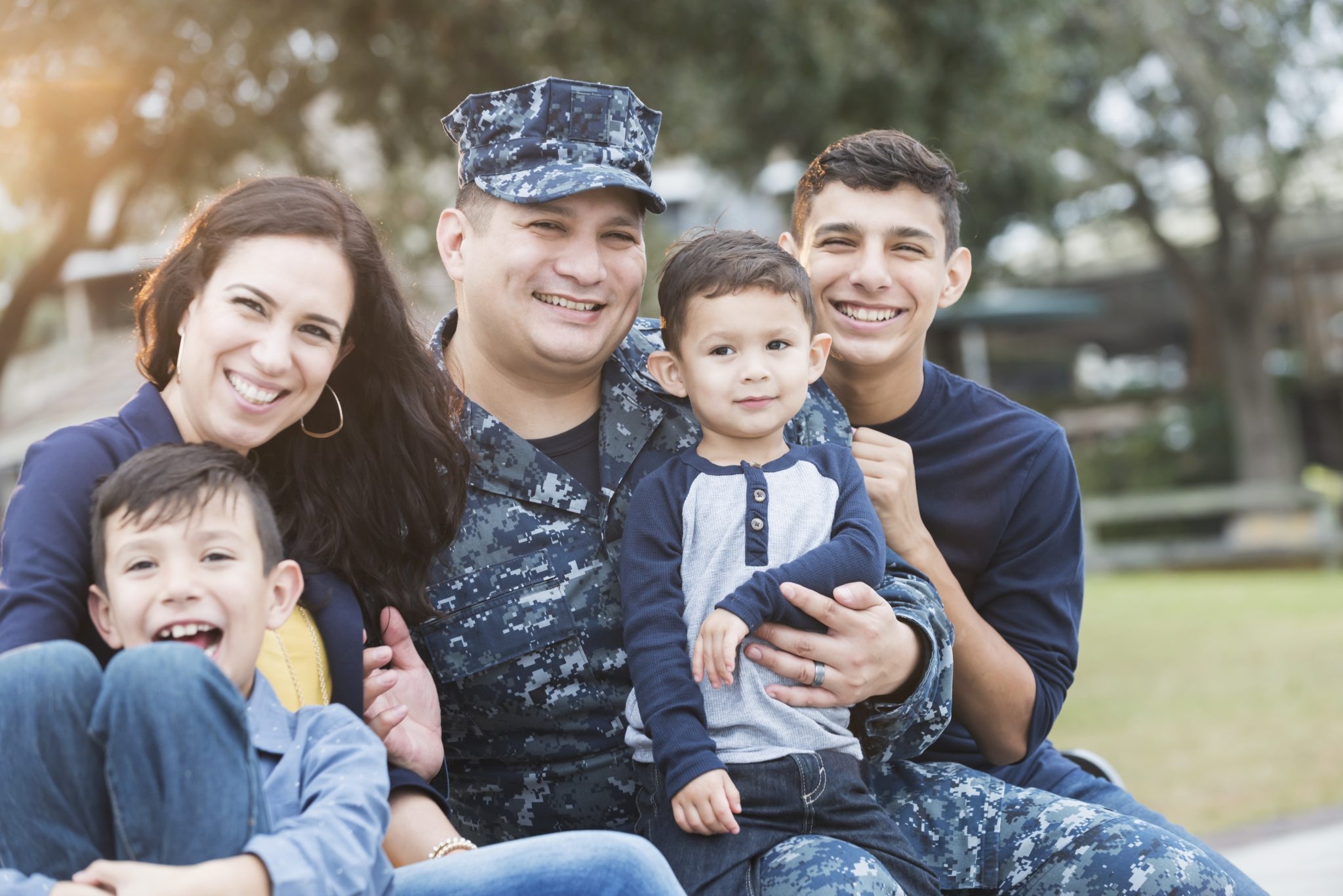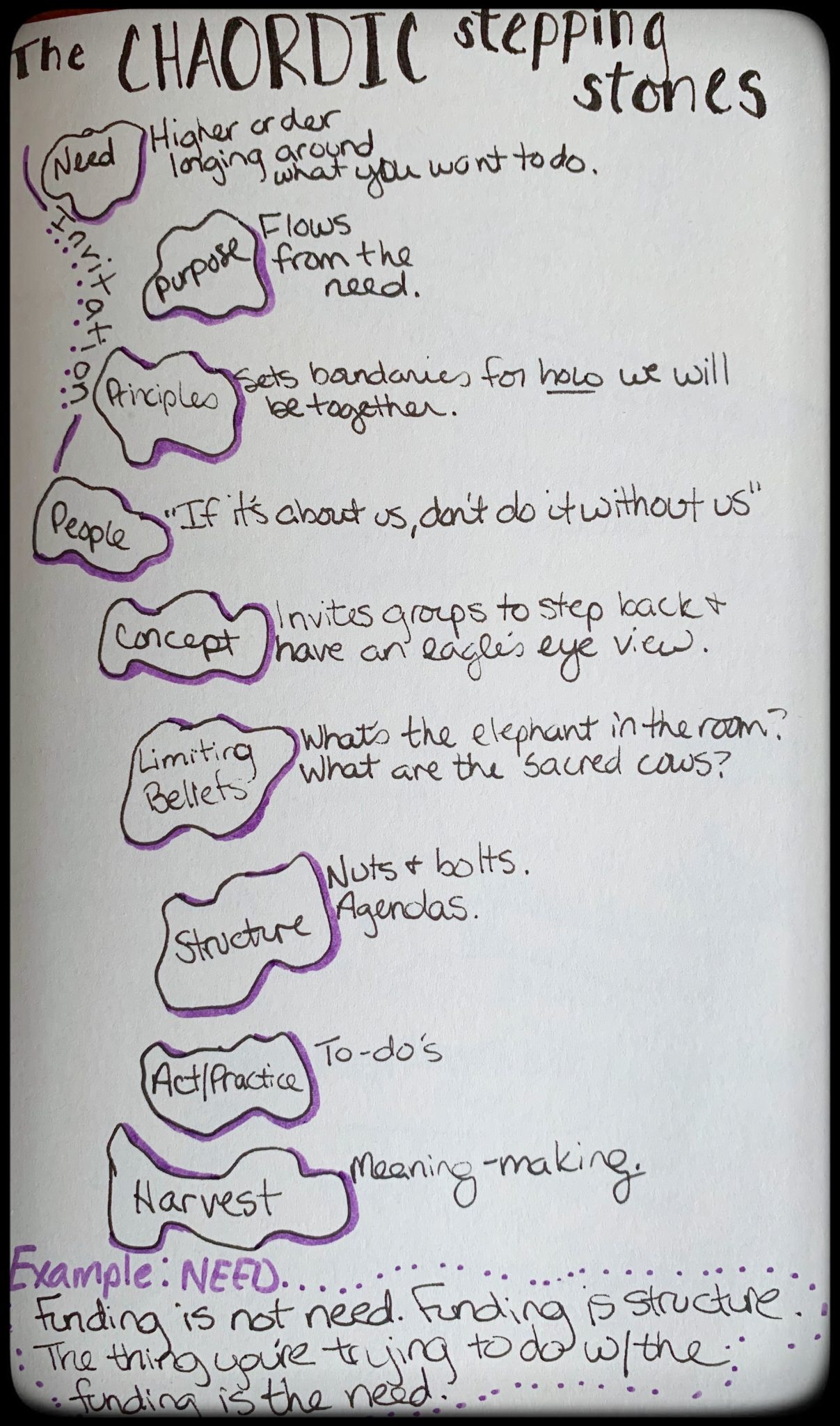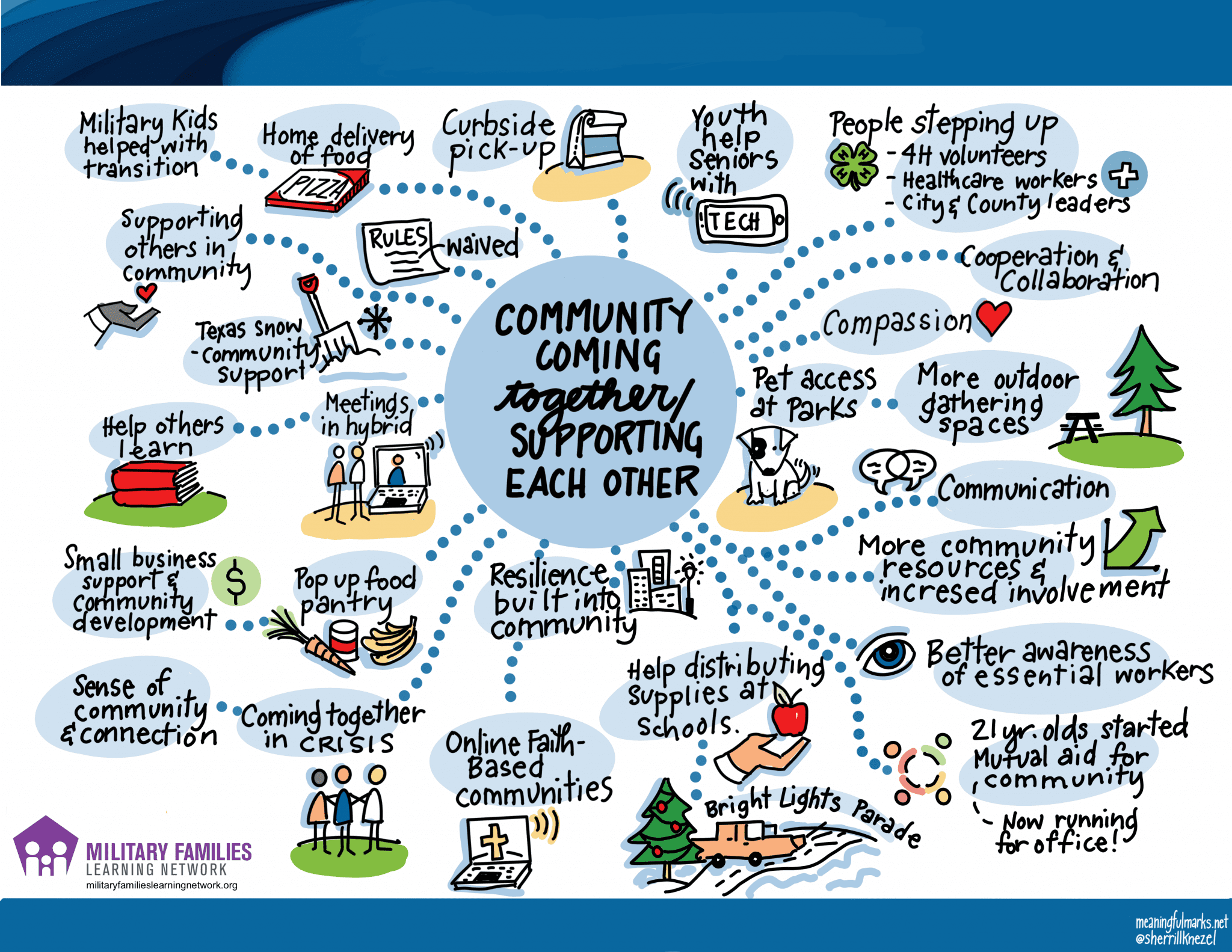
The Division for Early Childhood of the Council of Exceptional Children, the leading professional organization in EI/ECSE, spearheaded efforts to develop the EI/ECSE standards. It is important for all early childhood professionals to be familiar with these standards to provide the support needed for individual children with disabilities and their families. In this blog series, we discuss each standard, prompt questions for reflection, and provide tips and resources that professionals can use to ensure their practices align with the EI/ECSE standards.















